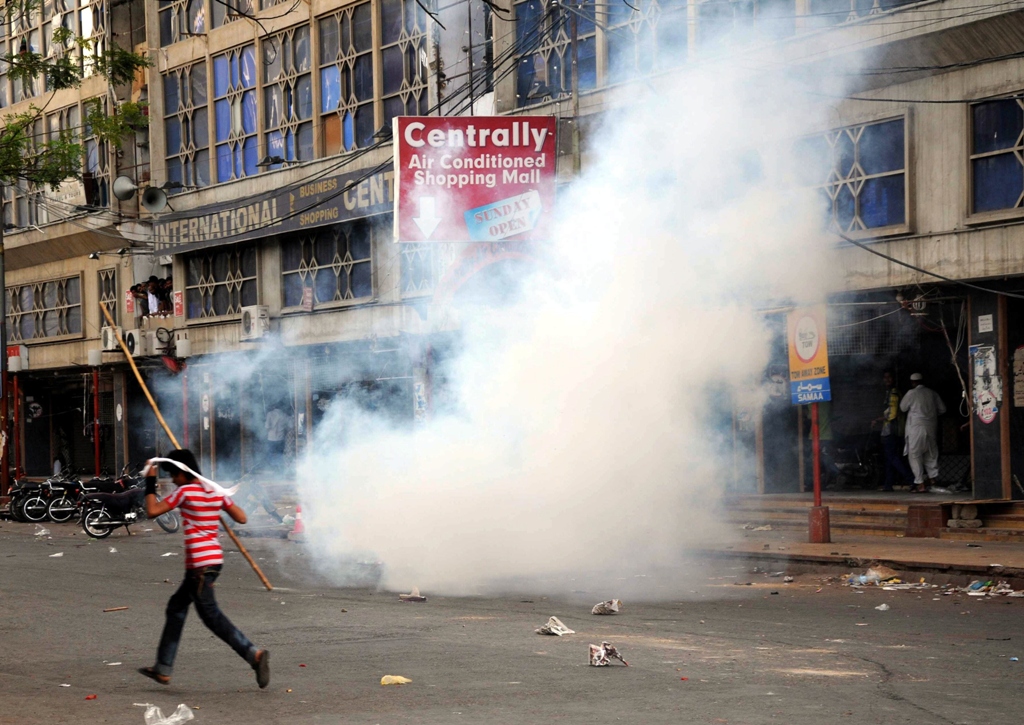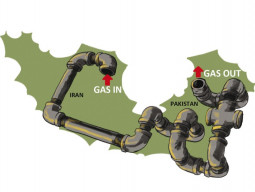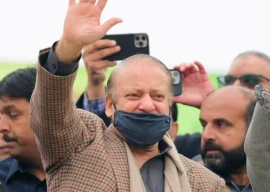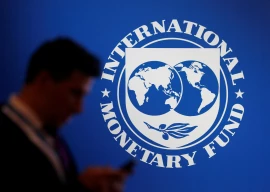
Violence on the basis of ethnicity and sectarianism has had damaging effects on the investment climate in the country. Production losses have given birth to issues of unemployment and reduction in tax generation, which has led us to rely on debts to bridge the widening budget deficit. Major industrial zones in Faisalabad and Lahore have been shut down due to a shortage of gas and electricity, while in Karachi – which hosts 15,000 industrial units – industrialists are forced to close operations due to political instability and law and order problems.
Karachi is the largest city and the industrial and commercial hub of the country. It has been badly affected by poor law and order circumstances prevailing since 2009. Many industrial units have been shifted abroad or shut down, resulting in a number of employees losing their jobs on one hand, while the economy bears additional costs in the form of reduction in tax revenues and declining exports. The Federation of Pakistan Chamber of Commerce and Industry (FPCCI) has expressed their concern over lawlessness many times since 2009, but have failed to achieve an effective measure of security according to their demands so far.
In reality, it is political instability that is providing the oxygen to lawlessness in the country. When strikes and sit-ins become violent, it is the economy which faces the consequences in the form of damaged public property, burnt vehicles, shops and offices, and lost revenues. According to a press release issued by the president of the FPCCI two weeks ago, a one-day strike results in the loss of Rs10 billion to the national economy.
The government has targeted $5.5 billion in foreign direct investment for the upcoming year, which is four times more than what it has achieved this year. But the question arises here: in a country where the humanitarian aid agencies are forced to close their operation in some areas, how can we expect such dreams will ever come true? How can we achieve the target of foreign investment without first assuring the protection of foreign investors?
There is a dire need to take effective measures towards eradicating violence of all kinds, assuring the protection of local as well as foreign investors, and ensuring political stability for the sake of the economy. Otherwise, such targets will remain nothing more than the pipe dreams of deluded policymakers.
The writer hosts business talk shows on FM 101 and Radio Pakistan and is pursuing M Phil degree in Economics
Published in The Express Tribune, March 11th, 2013.
Like Business on Facebook to stay informed and join in the conversation.
COMMENTS (1)
Comments are moderated and generally will be posted if they are on-topic and not abusive.
For more information, please see our Comments FAQ























1714591706-0/image-(22)1714591706-0-270x192.webp)










-(1)1714463604-0/Untitled-design-(4)-(1)1714463604-0-270x192.webp)






It is the fundamental duty of the government to protect the lives and properties of people of Pakistan and if the government cannot overcome the violence, it means that the government has no control and it cannot establish its writ.
Whatever is happening in Pakistan is not at all happening in any country in the world.
My heart bleeds when I watch the news about target killings, suicide bombings, kidnapping, arson, looting the shops. Pakistan is surrounded by the terrorists and it seems that there is no will of the government to put things straight in the country.
The complexed situation in Pakistan has not emerged in just one day. It has been going on and on but neither the previous government was interested, nor the present government took remedial measures to over come the problems.
Pakistan is almost at the verge of collapse. Look at our foreign exchange reserves. Only three months reserves are left for import and now we are ready to beg more money from IMF.
Why don't the rulers try to understand that Behring the unrest in Pakistan, some foreign powers are playing their roles and these foreign powers are the ones who do not want to see Pakistan as a nuclear state.
Most of the investment has already gone out of the country and any one who can manage to go out if the country is leaving Pakistan but people sitting at the helm of the affairs are composed and happy about the situation, as every one is only interested in minting money and nothing else.
May Al-Mighty Allah save Pakistan.